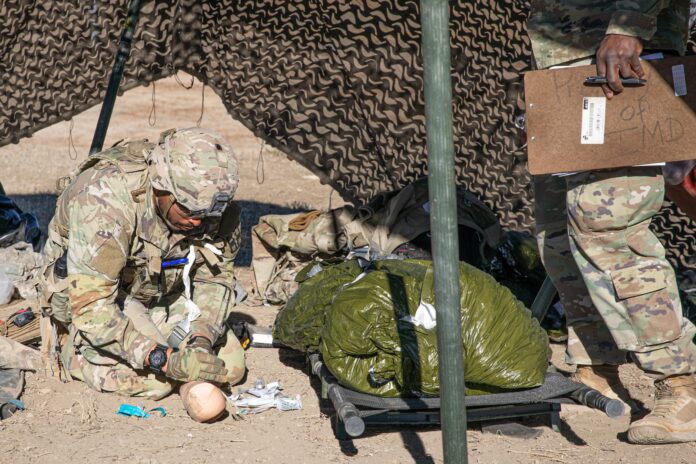
Hypothermia occurs when your body loses heat faster than it can produce heat, causing a dangerously low body temperature. This can occur from exposure to cold weather or water, and can be life-threatening if not treated promptly. Recognizing the symptoms of hypothermia is essential for seeking help and preventing serious complications.
In this article, we will outline the symptoms of hypothermia and provide important information on how to spot them.
1. Shivering
One of the most common early symptoms of hypothermia is shivering. When your body temperature drops, it tries to generate heat by shivering. However, as hypothermia progresses, shivering may stop, so it’s important to look for other signs as well.
If you notice someone shivering uncontrollably, it’s important to get them to a warm environment and help them re-warm their body.
2. Confusion
As hypothermia sets in, the brain may not function properly. Confusion, memory loss, and difficulty speaking are all symptoms of hypothermia. The individual may struggle to communicate or have trouble forming coherent thoughts.
If you notice someone exhibiting confusion or disorientation in cold weather, it’s important to seek medical attention immediately.
3. Slurred speech
Hypothermia can impact the central nervous system, leading to slurred speech. This can be a result of the brain and muscles not working as efficiently due to the cold temperature.
If someone exhibits slurred speech in cold conditions, it’s crucial to get them to a warm environment and seek medical help to prevent further complications.
4. Fatigue
Feeling overly tired or fatigued for no apparent reason can be a sign of hypothermia. As the body temperature drops, the body’s functions slow down, leading to a lack of energy and overall fatigue.
If you notice someone exhibiting fatigue in cold weather, it’s important to monitor them closely and seek medical help if the symptoms worsen.
5. Weak pulse
Hypothermia can cause the heart rate to decrease, leading to a weak pulse. This can be a dangerous symptom, as it indicates that the body’s vital functions are slowing down due to the cold temperature.
If you notice someone with a weak or slow pulse in cold conditions, it’s imperative to seek immediate medical attention to prevent further complications.
6. Shallow breathing
As hypothermia progresses, the respiratory system may be affected, leading to shallow or slow breathing. This can be a dangerous symptom, as it can impact the body’s ability to oxygenate the blood and maintain vital functions.
If someone is exhibiting shallow breathing in cold conditions, it’s important to seek medical help immediately to prevent serious complications.
7. Pale or blue skin
Hypothermia can cause the blood vessels to constrict, leading to pale or blue skin. This is a result of the body’s attempt to conserve heat and protect vital organs. However, it can also be a sign of serious hypothermia and requires immediate attention.
If you notice someone with pale or blue skin in cold conditions, it’s important to seek medical help immediately to prevent further complications.
8. Loss of coordination
Hypothermia can impact the nervous system, leading to a loss of coordination and balance. The individual may struggle to walk or perform basic tasks, and may appear clumsy or unsteady.
If you notice someone exhibiting a loss of coordination in cold weather, it’s important to help them get to a warm environment and seek medical attention promptly.
9. Drowsiness or severe exhaustion
Drowsiness or severe exhaustion can be a sign of advanced hypothermia. The individual may struggle to stay awake or may appear extremely fatigued, which can be a dangerous symptom if not treated promptly.
If you notice someone exhibiting drowsiness or severe exhaustion in cold conditions, it’s important to seek immediate medical attention to prevent further complications.
10. Unconsciousness
In severe cases of hypothermia, the individual may lose consciousness. This is a life-threatening symptom and requires immediate medical attention. If someone is unconscious in cold conditions, it’s crucial to seek help immediately and begin warming their body while awaiting medical assistance.
In conclusion, recognizing the symptoms of hypothermia is essential for seeking help and preventing serious complications. If you notice any of these symptoms in yourself or someone else in cold conditions, it’s important to take action immediately to ensure their safety and well-being.












